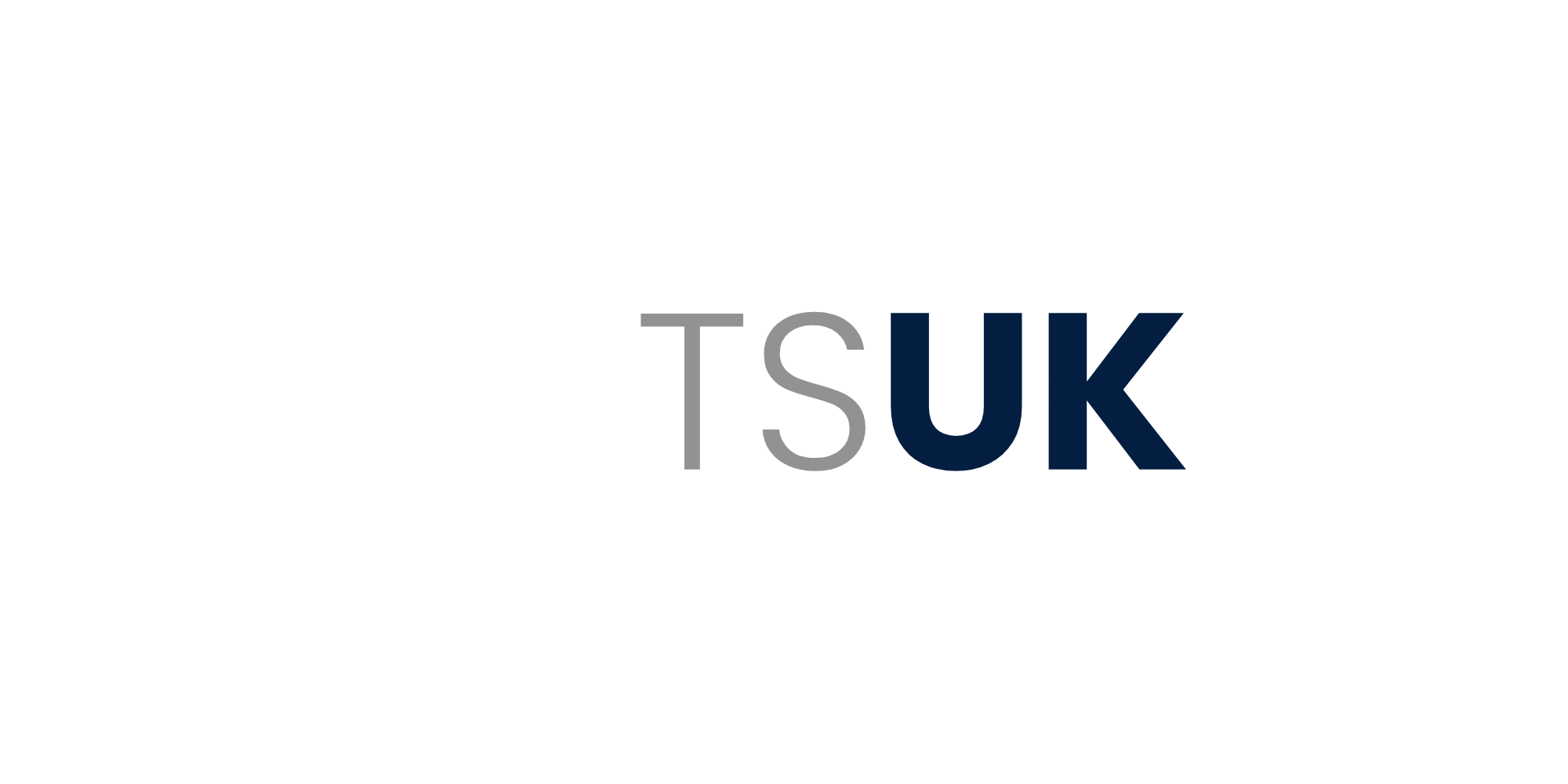The ROI of RFID in Retail: Investing in the Future of Shopping
In the dynamic world of retail, staying ahead of the curve often means integrating the latest technology. One such technology that has significantly impacted the retail landscape is Radio-Frequency Identification (RFID). Retailers who have invested in RFID are experiencing not just improved inventory management but a notable return on investment (ROI). Here’s how:
- Enhanced Inventory Accuracy: Before RFID, retailers primarily relied on manual methods or barcode scanning for inventory counts. With RFID, inventory accuracy rates can soar up to 95-99%, reducing instances of stockouts or overstocks. This means fewer lost sales and reduced holding costs.
- Increased Sales: With more accurate stock levels, customers are less likely to leave a store empty-handed due to unavailable sizes or colours. Additionally, with real-time inventory tracking, sales associates can confidently recommend alternative products or locations where a particular item is available.
- Efficient Labor Utilisation: Employees previously assigned to time-consuming tasks like manual stock counts can now be redirected to more value-added roles, such as customer service. This translates to increased sales and better customer experiences without necessarily increasing labour costs.
- Loss Prevention: Shrinkage – the loss of inventory due to theft, shoplifting, or errors – is a significant concern in retail. RFID tags can act as deterrents for potential shoplifters and can quickly alert staff if an unpaid item is leaving the store. This can save retailers substantial amounts yearly.
- Seamless Omnichannel Experiences: Modern consumers often blend their online and offline shopping experiences. With RFID's real-time tracking capabilities, retailers can efficiently manage and fulfil online orders from store inventory, facilitating quicker shipping times and reduced logistics costs.
- Data-Driven Decisions: RFID provides retailers with a goldmine of data. By analysing this data, businesses can derive insights into product performance, optimal shelf placements, and customer buying behaviours. These insights enable retailers to make informed decisions about marketing, stock purchasing, and store layouts.
- Enhanced Customer Experience: RFID enables more than just inventory management. Smart dressing rooms equipped with RFID can recommend accessories or alternative sizes to customers, creating a more personalised shopping experience. Furthermore, with the speed of RFID checkouts, queue times can be significantly reduced.
- Future-Proofing the Business: As we move into an era of the Internet of Things (IoT), the integration of RFID sets the foundation for retailers to adapt to newer technologies swiftly, keeping them at the forefront of the retail evolution.
In conclusion, the investment in RFID technology transcends beyond mere operational efficiency. Retailers benefit from tangible financial returns, an enhanced customer experience, and a competitive edge in an increasingly digitized market. As with any technology, the initial setup cost of RFID may seem daunting, but the long-term ROI it delivers, both quantitatively and qualitatively, makes it an indispensable tool for forward-thinking retailers.
If you are ready to revolutionise your retail business with RFID? Don’t wait for tomorrow to harness the benefits of today's technology. Dive into the RFID journey and position your brand for future success. Connect with industry experts, and let’s transform your retail operations together.


Comments